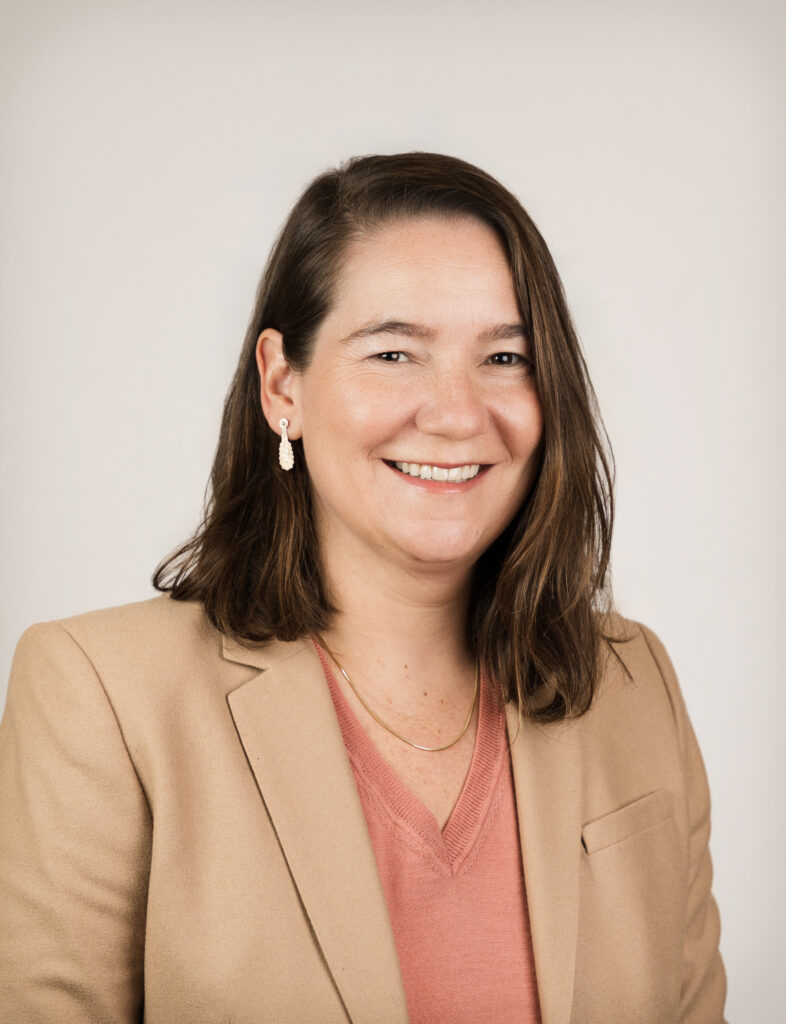The decisions, actions and approaches of licensing systems impact many aspects of the business of family child care (FCC) and the experiences of providers. I often think about a provider-led meeting I attended shortly before accepting the role of executive director and launching Home Grown alongside our steering committee. At the meeting, I heard several providers discussing recent experiences with the child care licensing system. A provider, who I have known for many years as a dedicated educator with a master’s degree and a STAR 4, NAFCC accredited home, summed up her feelings with this statement: “I feel like they are trying to put me out of business.” I was so struck by this meeting and disheartened to hear that the system created to keep kids safe and outline the rules for high-quality operations was making even the highest-performing providers feel discouraged.
The contours of the regulations and providers’ experiences of licensing systems are ever-present in our work at Home Grown. There are many complex, emotional and, often, tense dynamics at play. We hear from providers about their challenges with ever-changing and confusing requirements and their experiences that vary widely from state to state. We read research and observe data that indicates that experiences in the regulatory systems result in the steep decline of licensed, registered or license-exempt FCC programs. We encounter sector leaders who offer inflexible views on the role of licensing and are unwilling to consider any changes. The introduction of new federal legislative proposals requiring all providers be licensed continues to entrench the aspects of this system that are extremely challenging for many providers to navigate. Concurrently, state legislatures continue to roll back essential components of child safety and quality such as child-to-adult ratios and minimum ages of lead teachers/caregivers.
The discussion about licensing is noisy, fraught and challenging but making headway toward a more equitable and effective child care system is impossible without confronting the licensing approaches. After many months of thoughtful reflection and discussion, Home Grown launched Building Belonging: Valuing Family Child Care Via Licensing Systems. This project centered on creating a Licensing Provider Work Group to engage in deep listening and co-designing solutions alongside family child care (FCC) professionals. As a result, the participating FCC providers and Home Grown facilitators compiled a state licensing recommendation report that focuses on understanding provider experiences, articulating principles for system reform and developing a set of consensus recommendations for what a more ideal child care licensing system might look like.
The collaborative process for co-designing these recommendations began with Home Grown convening a Family Child Care Licensing Work Group made up of 10 family child care providers from various geographical locations within the U.S. with a wide range of industry tenure and diverse ethnic and cultural backgrounds. Participating providers’ experience in family child care ranged from one year up to 32 years. Outside of engaging in state licensing systems, these providers also have experience engaging with the public sector through participation in other public programs such as the Child and Adult Care Food Program (CACFP) or their state’s Quality Recognition and Improvement System (QRIS). All of the Work Group providers were also part of networks and associations, including informal local networks, state specific networks and, for some, national organizations such as the National Black Child Development Institute, the National Association of Family Child Care or the National Association for the Education of Young Children.
To ensure cohesion amongst the diverse participants, the group agreed on shared values that would inform the process throughout the course of the year.
These values included:
- Engaging and including providers who are diverse in geographies, ethnicities, languages, cultures, experiences and tenure to ensure there is variety in the perspectives used to inform the licensing recommendations.
- Convening regularly at a convenient time and compensating providers for all time spent participating in meetings and discussions.
- Ensuring that collaborative spaces are safe for sharing diverse experiences and challenges. This includes providing support for engaging in hard topics and respectfully disagreeing while working to find consensus.
- Prioritizing provider-led facilitation and acknowledging that the providers are the experts.
These shared values mirror some of the underlying themes in the final licensing recommendation report: Family child care providers want to be recognized as respected experts who play an integral role in developing, revising and implementing state licensing standards. FCC providers deeply value licensing and perceive it as integral to their advancement. FCC providers are uniquely positioned in the child care sector because their individual profession and their business’ identity is intertwined. FCC providers often see licensing as fundamentally defining who they are as professional educators and caregivers. And the support received from state licensing systems is viewed as beneficial for many providers.
Providers value the accountability these processes put in place to ensure they can provide the highest quality care for the children they serve.
“My state’s unwavering commitment to the health and safety of children in child care facilities is truly exemplary. It is heartening to note that before enrolling, each child must furnish proof of immunization and undergo a comprehensive physical examination within a year,” a Work Group provider shared.
There is undeniable value in licensing standards, but the challenge remains: Without provider-led redesign, state licensing systems will continue to miss opportunities to implement equitable solutions that support providers and encourage the highest-quality environment where children can thrive.
Providers need to be regarded as partners who play a critical role in state licensing systems. This family child care recommendation report provides in-depth insight into the challenges providers face in current family child care state licensing systems and recommended solutions to help design system reform using FCC provider perspectives and expertise.
“I strongly believe that state licensing agencies should involve family child care providers in the development of rules that are incorporated into licensing regulations. As experts in this field, we are the ones who take on various roles and carry out multiple tasks throughout the day, and therefore, we know what is best. It is only fair that we are given a chance to have a say in decisions that directly affect us. Hence, we should be invited to sit at the table with decision-makers,” shared a provider in the Work Group.
We encourage those working with and invested in family child care on the state level to use this recommendation report. This includes family child care professionals, state leaders, licensing staff, and other allies and advocates. By listening and learning from the providers who are closest to the problems, we can collectively reform state licensing systems so that children and families can thrive and family child care providers feel a sense of belonging and inclusion.




